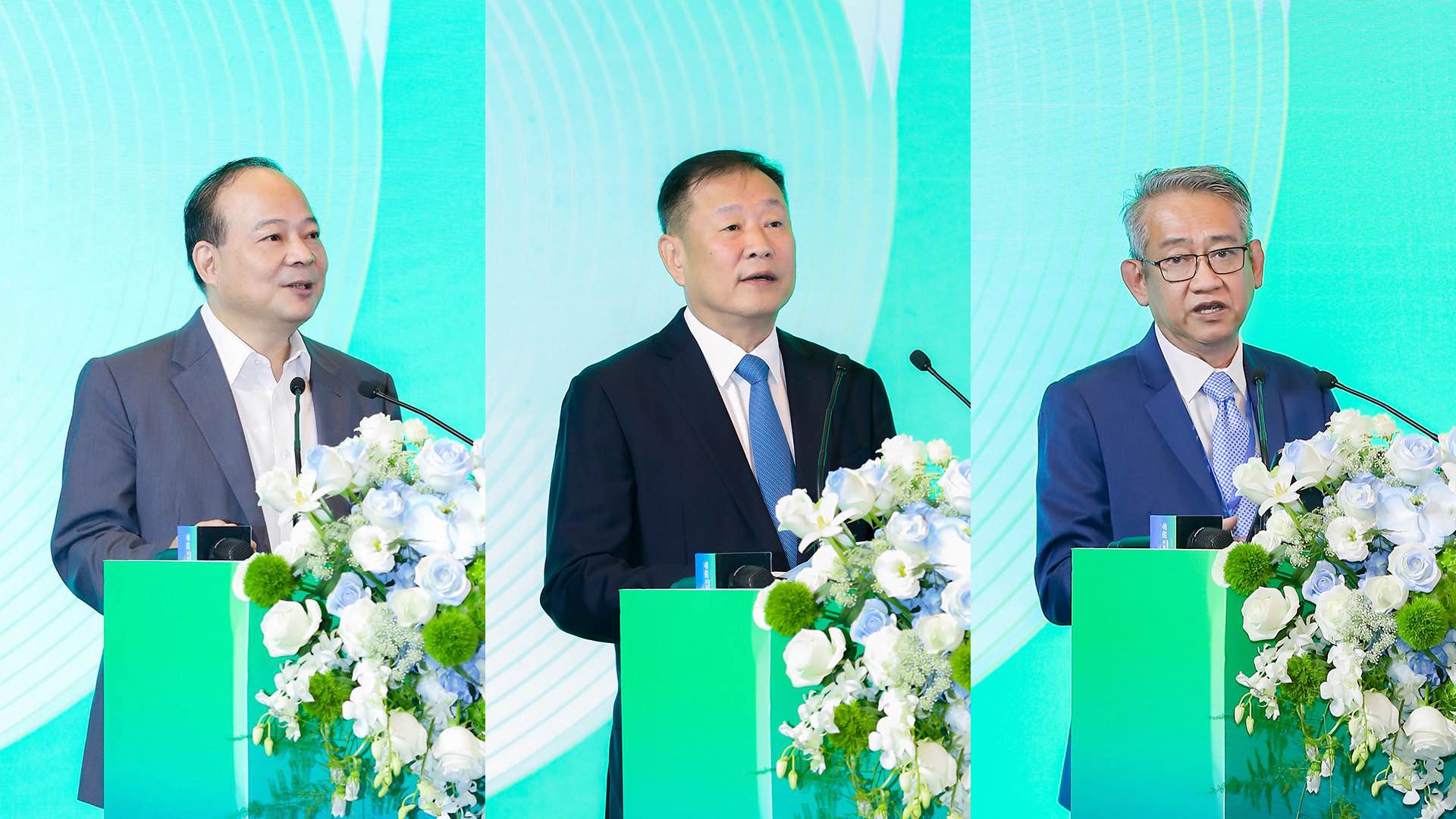Zero-Carbon Development Summit 2024 Focuses on Regional Energy Transition and Zero-Carbon Development
From November 5th to 6th, the 2024 Zero-Carbon Development Summit, jointly organized by CATL and the Mekong Institute, was held in Ningde, Fujian Province. The forum attracted representatives and leadership from government departments, electric utilities as well as experts from China, Cambodia, Laos, Myanmar, Thailand and Vietnam, who gathered for in-depth discussion and exchanges around regional energy transitions and zero-carbon development.
Liang Weixin, Secretary of the CPC Ningde Municipal Committee, Robin Zeng, Chairman of CATL, and Suriyan Vichitlekarn, Dean of Mekong Institute, were present at the forum and made speeches for the opening ceremony.

Southeast Asia has been playing an increasingly prominent role in renewable energy development. Furthermore, China serves as a key player in global clean technology, trade and supply chain, and focuses on deepening cooperation with Southeast Asia on advancing the green energy transition.
At this year's forum, the attendees shared their opinions on regional zero-carbon policy planning, investment cooperation, industrial development, and technical innovation. The distinguished guests from Southeast Asian countries shared experiences of implementing energy transition policies, clean energy development mechanisms, and new energy applications in their countries, while further highlighting cooperation with CATL on delivering power batteries, energy storage and charging solutions. Representatives from China's Energy Research Society, the ASEAN Centre for Energy, Tongji University, and CATL discussed with other attendees about new opportunities and challenges facing the regional energy transition and zero-carbon development, by focusing on topics such as smart grid development, new energy technologies, and the development of zero-carbon cities.
The energy transition empowers the future of industries, while zero-carbon methodology reveals a feasible path for regional sustainable development. In the future, CATL is committed to working with all parties to write a new chapter in the sustainable development of the new energy sector.
By clicking on the button “I accept” or by further usage of this website you express consent with usage of cookies as well as you grant us the permission to collect and process personal data about your activity on this website. Such information are used to determine personalised content and display of the relevant advertisement on social networks and other websites. More information about personal data processing can be found on this link. Read More
